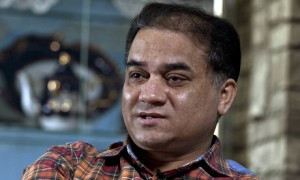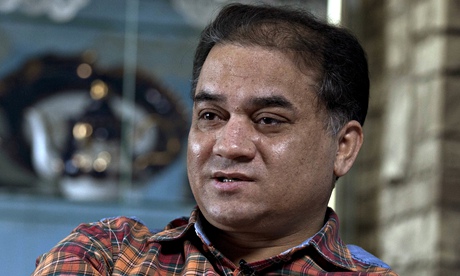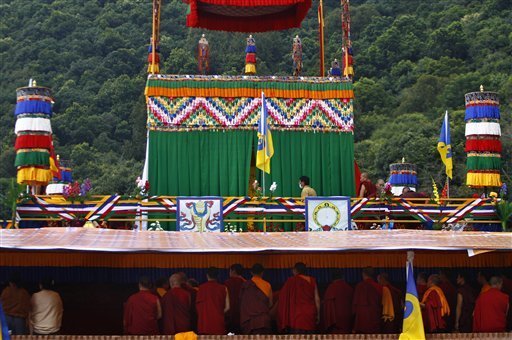China charges prominent Uighur scholar with “separatism”
DHARAMSALA, July 31: China has once again demonstrated its intolerance towards criticism in any form, no matter how mild and constructive, by charging charged Ilham Tohti, a prominent Uighur scholar with “separatism” on Wednesday.
Tohti, a Beijing-based professor of economics who has been detained since January this year was not allowed to see his lawyer until June. His lawyer, Li Fangping who came to know about the charges through and online news posted by the local government accused the procuratorate of failing to follow the proper procedure of informing the defence lawyer of the said charge and called the procuratorate’s handling of the case as “shocking”.

“I just saw online that Ilham Tohti’s case has been transferred to the court and it is quite shocking. Urumqi’s procuratorate has not replied to our verbal or written requests, which are both legitimate and justifiable, for copies of audio-visual material. The procuratorate has failed to follow the proper procedure of informing the defence lawyer of their decision to formally charge Ilham Tohti with separatism. I am very shocked by the procuratorate’s lack of respect for the right to a defence,” Tohti’s lawyer, Li Fangping said.
Chinese authorities allege that Tohti used a website he founded to “spread separatist thinking,” and accuse him of recruiting and manipulating people to incite ethnic hatred, advocate ‘Xinjiang independence’ and conduct separatist activities.”
Rights groups however, say the charges show Beijing’s intolerance towards even the mildest and measured criticism.
PEN American Center, which awarded Tohti the PEN/Barbara Goldsmith Freedom to Write Award earlier this year, condemned the indictment in a statement saying:
“Tohti … has never advocated violence or the separation of Xinjiang from China. Instead, he has worked within the country’s laws to promote equal rights for all of China’s citizens, and to encourage exchange and understanding between different ethnic groups.”
“The charges against Ilham Tohti reflect the Chinese government’s refusal to distinguish between peaceful advocacy and violent unrest. By targeting Tohti based on his ideas, writings, and teachings, Beijing sends the message that advocacy for Uighur rights is prohibited in any form. The government claims an aim to discourage violence, but the denial of peaceful means of expression risks having the exact opposite effect.”
The announcement came amid a period of growing violent unrest in Xinjiang Uighur Autonomous Region. This week alone dozens were killed in Xinjiang’s Yarkant county located close to the borders of Tajikistan, Pakistan and Afghanistan. Chinese authorities blamed the unrest on Uighur extremists who it says are bent on establishing an independent state called East Turkestan but rights groups claim Chinese authorities are justifying their own use of force by blaming it on extremists.
Observers say the charge against Tohti will most likely lead to conviction which might result in imprisonment, if not death penalty.





